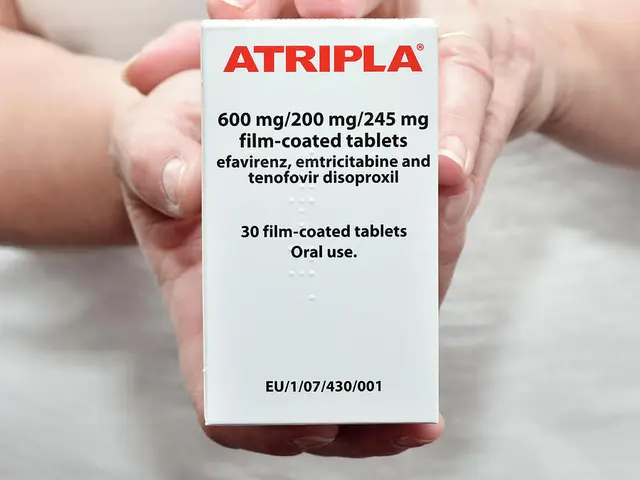Serrapeptase Side Effects – Simple Facts for Safe Use
If you’ve heard that serrapeptase can reduce inflammation, break down scar tissue, or ease sinus pressure, you’re not alone. Many people add this enzyme to their daily routine hoping for a natural boost. Before you pop the capsules, it’s smart to know what your body might do in response.
Common Side Effects You Might Notice
Most users report mild reactions, but they’re worth watching. The most frequent complaints are:
- Stomach upset: Nausea, mild cramps, or a feeling of fullness can happen, especially if you take serrapeptase on an empty stomach.
- Diarrhea or loose stools: The enzyme can speed up digestion, leading to a quick bathroom run.
- Skin reactions: Some people get a rash or itchy spots, a sign the immune system is reacting.
- Headache: A few users say they feel a light headache during the first few days.
Usually these symptoms fade after a week as the body adjusts. If they linger, lower the dose or pause for a few days.
When to Stop and Who Should Be Cautious
Not everyone should keep taking serrapeptase. Stop immediately if you notice any of these red flags:
- Severe stomach pain or vomiting.
- Bleeding gums, nosebleeds, or unusually easy bruising – serrapeptase can thin blood a bit.
- Sudden swelling or shortness of breath, which could signal an allergic reaction.
- Persistent rash that spreads beyond the initial spot.
People on blood thinners, those with bleeding disorders, or anyone scheduled for surgery should talk to a doctor before starting. Pregnant or nursing moms also need professional advice because safety data is limited.
Dosage matters, too. Most studies used 10‑30 mg per day split into two doses. Taking more than the recommended amount doesn’t boost benefits and raises the chance of side effects.
To keep things smooth, try taking serrapeptase with a small snack rather than on an empty stomach. Pairing it with a glass of water helps the capsule dissolve properly.
If you’re already on other supplements or medications, note that serrapeptase can interact with anti‑inflammatory drugs, antibiotics, and certain heart medicines. A quick chat with a pharmacist can save you headaches later.
Overall, serrapeptase can be a handy addition when used responsibly. Monitor how you feel, respect the recommended dose, and don’t ignore warning signs. When in doubt, ask a healthcare professional – they can confirm whether this enzyme fits your health goals.
Serrapeptase Supplement Guide: Benefits, Dosage & Comparison
Discover everything you need to know about serrapeptase-how it works, its health benefits, proper dosage, safety tips, and how it stacks up against other enzymes.






